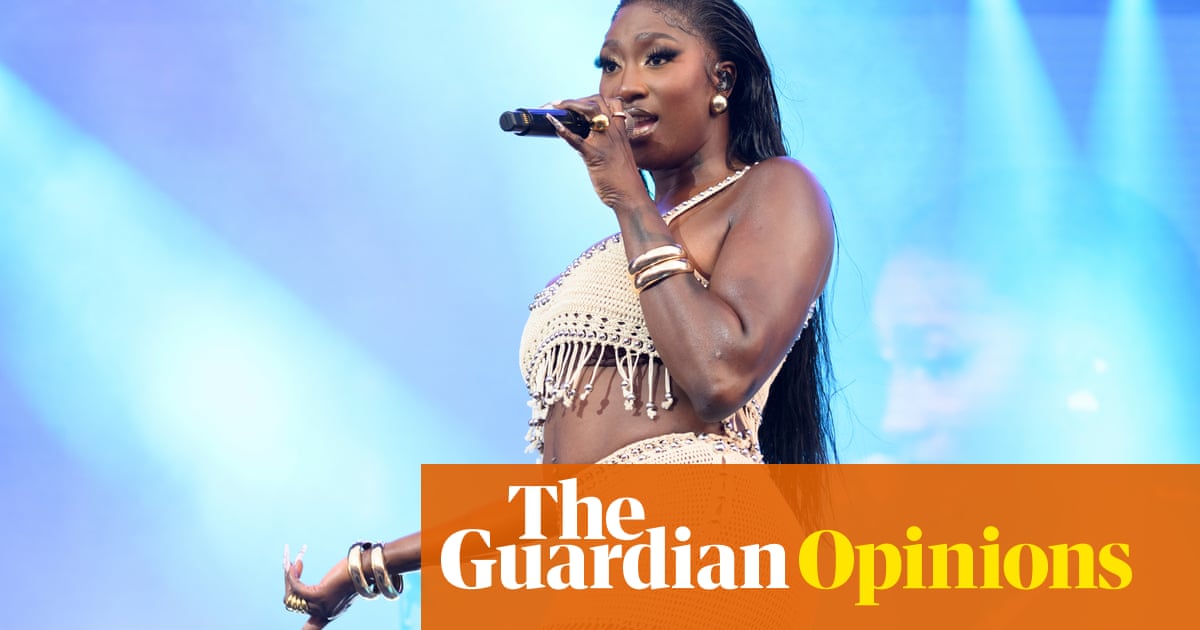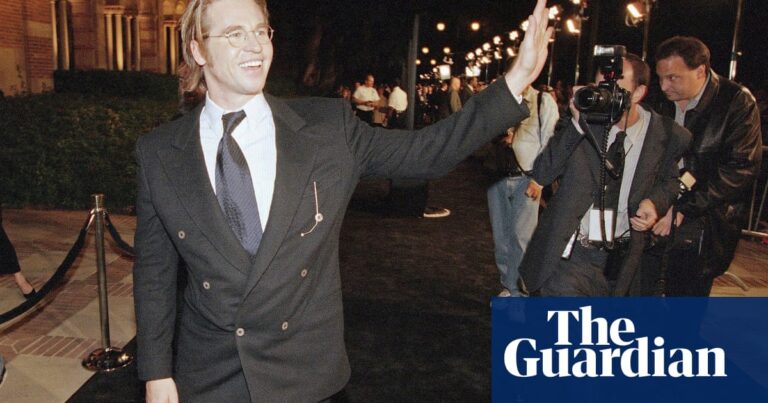
O
The opening ceremonies of the Olympic Games provide countries with a chance to share a positive narrative with the rest of the world and their own people. In 2012, Danny Boyle’s impressive depiction of a diverse and lively Britain perfectly captured this idea. However, leading up to this year’s Olympics in Paris, a much more negative story has emerged from across the channel.
There has been a widespread display of hostility from conservative politicians in response to unconfirmed rumors that Aya Nakamura, a French-Malian singer, may be selected to perform at the Paris Games. A racist sign was even displayed along the Seine by far-right extremists which stated, “Aya is not welcome; this is Paris, not Bamako.” Recently, Marine Le Pen also spoke out, questioning Ms Nakamura’s suitability for the Olympic role and mocking her lyrics, which incorporate typical slang from the working-class suburbs of Paris where she grew up. “I will touch on her clothes, her indecency, and the fact that she does not sing in French,” Ms Le Pen stated on national radio. “She doesn’t sing in a foreign language either. She sings who knows what.”
At 28 years old, Ms. Nakamura is a worldwide sensation. Despite her parents moving to France when she was a baby, she has achieved immense success with over 7 billion streams of her songs, being the face of a popular perfume brand in the country, and selling out three concerts in Paris within 15 minutes last year. She should be recognized as a success story of embracing multiple cultures. However, it seems that Emmanuel Macron’s idea for her to sing an Edith Piaf song at the Games’ opening has sparked controversy. Some politicians are unfairly targeting Ms. Nakamura and using racist assumptions to dictate who can represent France and what it means to be French.
The far right has once again caused controversy within important cultural occasions. Prior to the 2021 Euro 2020 football tournament, the decision to have a rapper of Congolese origin write the French team’s anthem resulted in backlash. In 2016, a performer with a Senegalese grandfather who fought for the French army was barred from performing at a commemorative event for the Battle of Verdun. Infamously, during the 2000s, Ms. Le Pen’s father, Jean-Marie, expressed disapproval of the number of black players on the historically successful French national team.
These were disgraceful and embarrassing events. However, it is especially concerning that in Ms Nakamura’s case, there seems to be deeply ingrained ethnocentric bias within the mainstream. A survey conducted after reports of Mr. Macron’s invitation showed that 73% of respondents did not believe she represented “French” music, and 63% were opposed to her headlining the opening ceremony. France has one of the largest and oldest ethnic minority populations in Europe. But after many years of battle in the cultural realm, its public sphere is often an unwelcoming place for people of color.
The Paris Olympic Games this summer will take place after the European elections, which seem to mark a critical moment for French politics and society. Unfortunately, the polls currently predict a win for Ms Le Pen’s extreme right party, Rassemblement National, in June. This raises concerns about the outcome of the presidential election in 2027, where Ms Le Pen is also seen as a strong contender. The mistreatment and criticism of Ms Nakamura serves as an unpleasant preview of the potential future of France in a dystopian scenario.
-
Would you like to share your thoughts on the topics discussed in this article? If you want to send us a response via email, consisting of no more than 300 words, which will be reviewed for possible publication in our letters section, please click on the link provided.
Source: theguardian.com





















